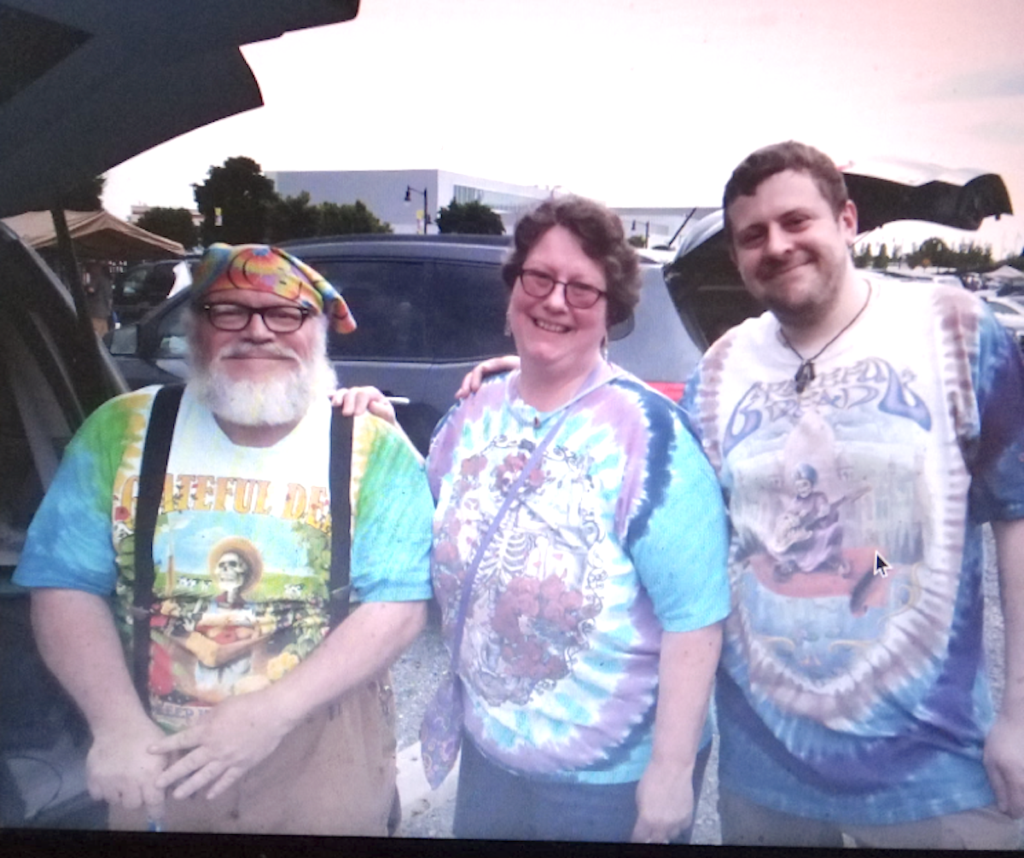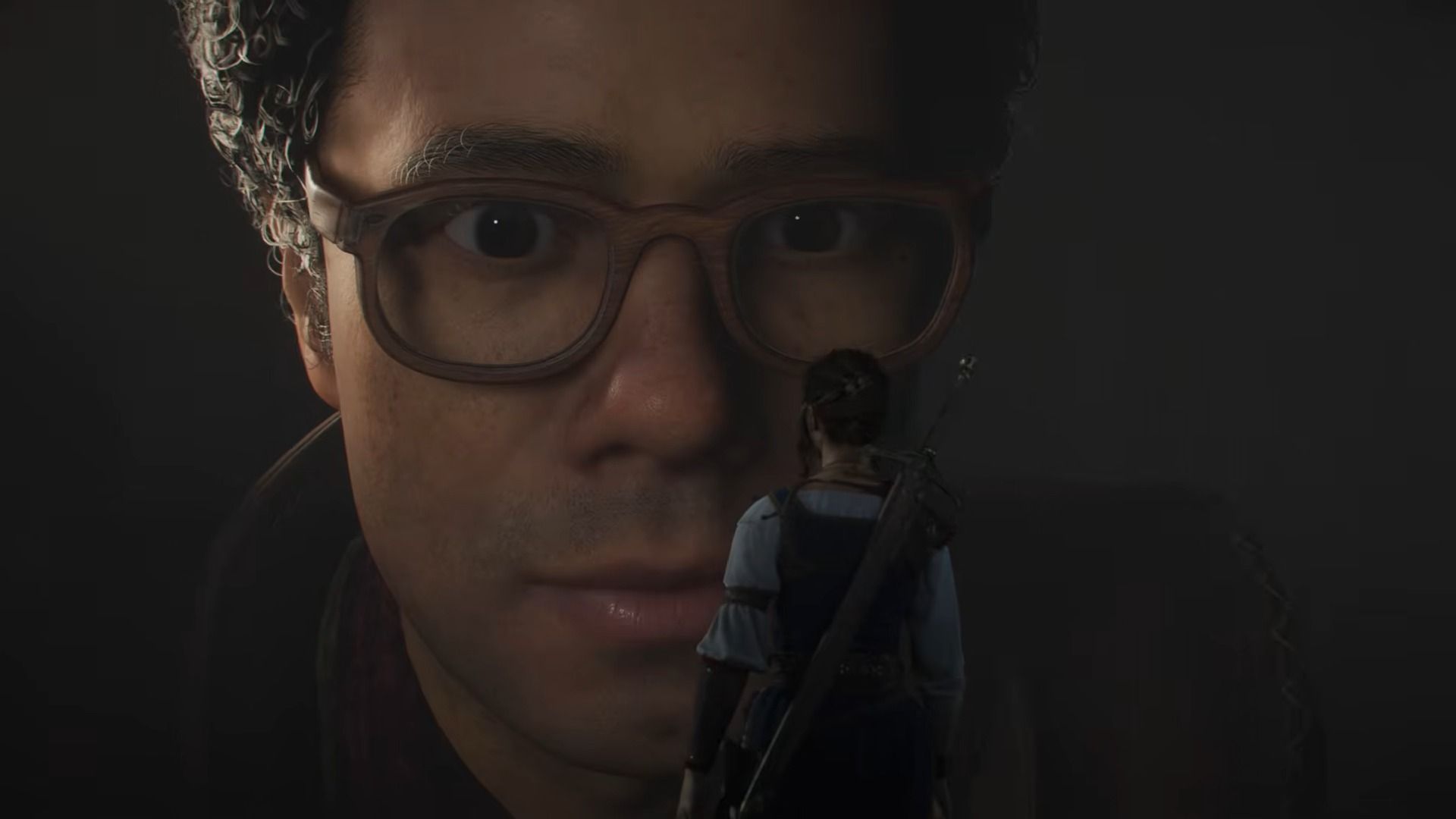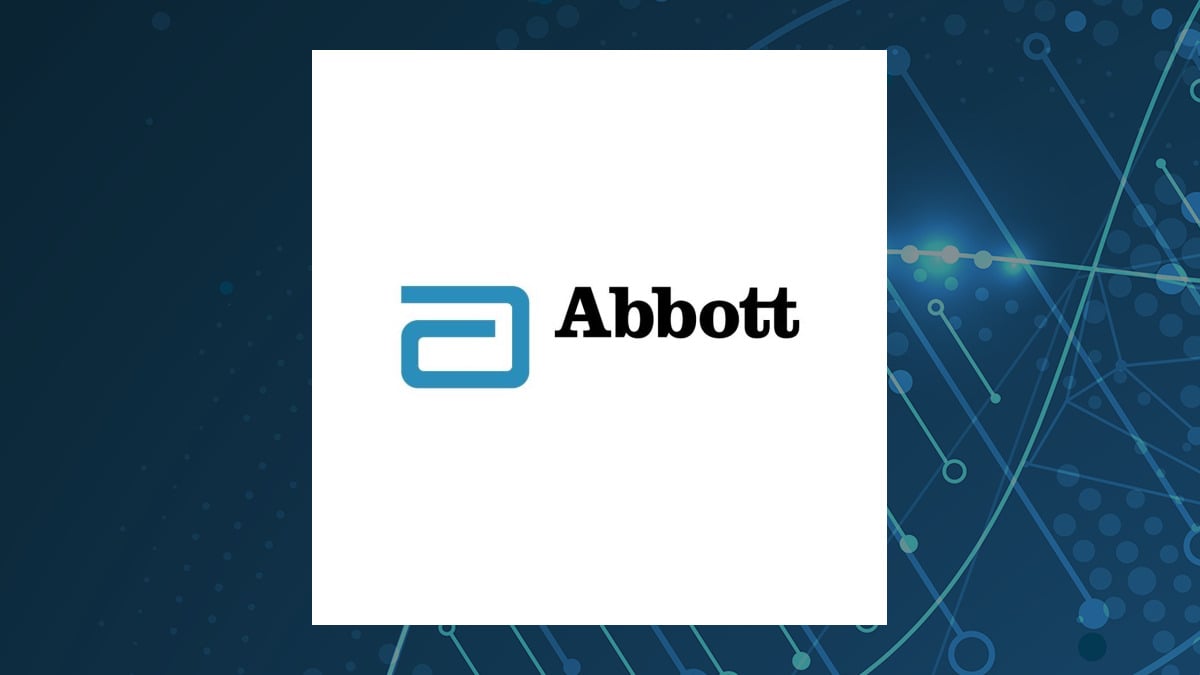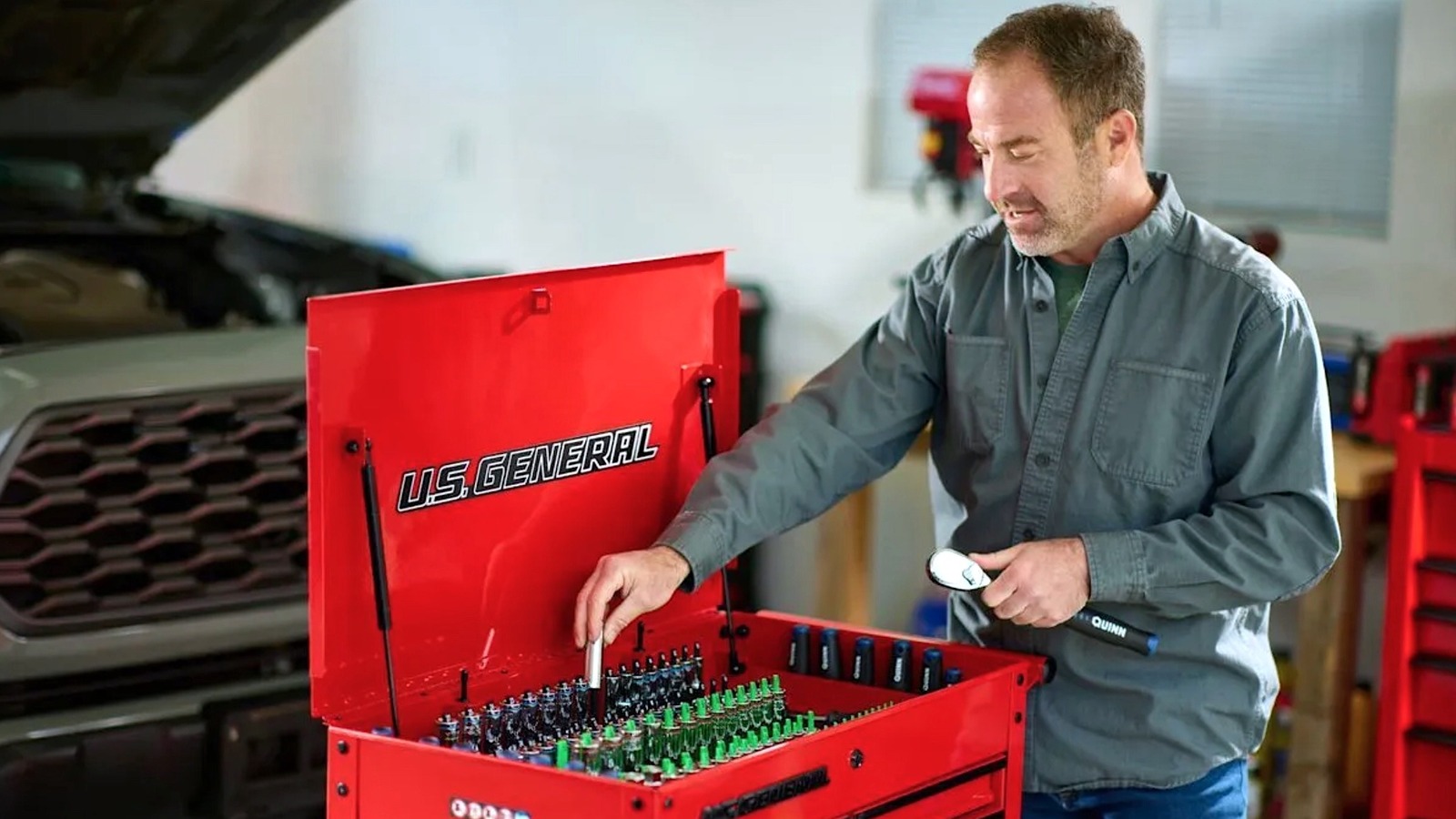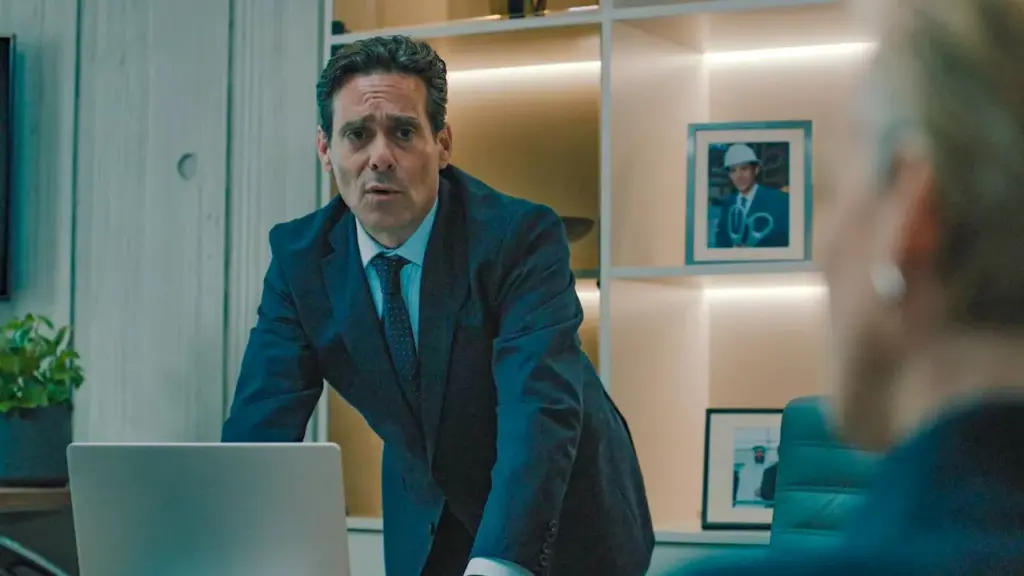
The Apple TV+ series Slow Horses is experiencing a significant evolution in its narrative and character dynamics as it approaches the conclusion of its fifth season. Initially focusing on a group of misfit agents within MI5, the show has expanded its premise, revealing deeper insights into the characters and their evolving roles in a complex intelligence landscape.
The series features an ensemble cast led by Gary Oldman, who portrays the cynical but resourceful Jackson Lamb. Slough House, the notorious outpost for MI5’s problematic agents, serves as the backdrop for much of the drama. This location has earned a reputation as a dumping ground for those deemed unfit for mainstream operations, restricting their access to MI5 headquarters and relegating them to menial tasks. Despite this stigma, Slough House has repeatedly demonstrated its effectiveness, with Lamb’s team delivering successful outcomes in critical missions.
In the first season, the agents of Slough House were dispatched to investigate a suspected terrorist site. Under the guidance of Lamb, they successfully navigated a precarious situation, ultimately avoiding false accusations of collusion with terrorists. This incident set the tone for the series, highlighting the agents’ capability to outmaneuver the challenges posed by higher-ups within MI5, including Diana Taverner, who has often used Slough House as a scapegoat to cover agency blunders.
The trajectory of Slough House’s reputation may be shifting with the introduction of Claude Whelan, MI5’s newly appointed First Desk. Unlike his predecessors, Whelan appears committed to fostering a more transparent and equitable environment within the agency. Although he faces pressure to conform to established protocols, his rivalry with Taverner could ultimately benefit Slough House. As the series progresses, Whelan has the opportunity to advocate for the team’s contributions, potentially altering their status within the agency and affirming their significance in tackling politically sensitive issues.
As the narrative unfolds, the show continues to delve into the characters’ personal histories and the moral complexities of espionage. The potential for recognition of Slough House’s achievements grows, especially as Whelan positions himself as a progressive leader. His willingness to challenge the status quo may not only elevate the agents of Slough House but also serve to undermine Taverner’s historically antagonistic stance.
With its unique blend of drama, character development, and commentary on the intricacies of intelligence work, Slow Horses proves that even the most overlooked teams can rise to prominence through tenacity and skill. As the series moves towards its conclusion, viewers can anticipate revelations that could redefine the dynamics within MI5 and elevate the misfit agents of Slough House to their rightful place in the intelligence community.
The evolution of Slow Horses reflects not only the characters’ growth but also a broader commentary on the nature of accountability and recognition within hierarchical organizations. As the finale approaches, audiences are left to ponder the future of these characters and the lasting impact they have made in the world of espionage.
